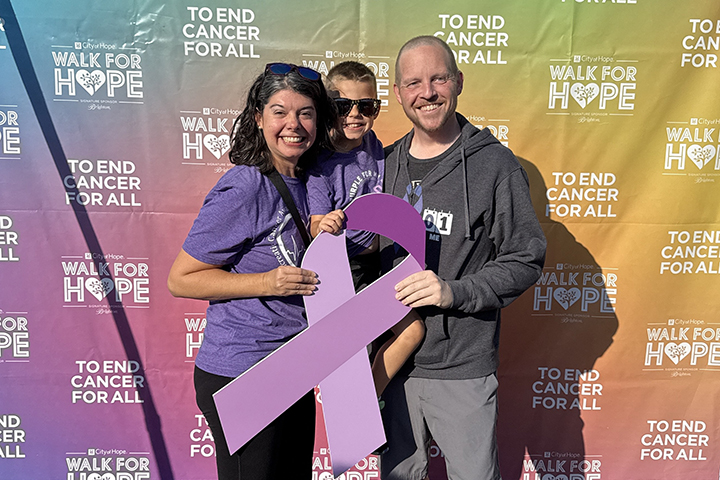Cancer Commons and xCures Hope to Use Real-World Data to Improve Care

Navigating the landscape of clinical trials can be daunting for even the most seasoned medical professional, let alone a cancer patient.
That’s why clinical trial matching programs have become such an important part of a cancer patient’s treatment plan. But in an era of personalized medicine, in which treatment and trials are often based on a patient’s mutational profile, among other factors, expert help has become increasingly important.
One such group is Cancer Commons, a nonprofit organization focused on providing personalized treatment/clinical trial information and enrollment to those with metastatic disease. In terms of pancreatic cancer, Cancer Commons recently presented data at the American Society of Clinical Oncology (ASCO)’s Gastrointestinal Cancers Symposium, titled Cancer Commons’ virtual tumor board program—a patient-centric advisory panel and real-world data registry. Data were gleaned from September 2020 to December 2021. During this period, the group’s virtual tumor board (VTB) reviewed 103 unique pancreatic cancer cases. The VTB consists of oncology experts and serves as an advisory panel by providing information on treatment options based on a comprehensive review of patients’ oncologic history. Personalized treatment options and their rationales are provided, and outcomes are tracked in a prospective registry called XCELSIOR, a program under study by Cancer Commons’ partner company, xCures.
“We were thrilled that in about a year from inception through initiating this study we could build this cohort. But most importantly, we were thrilled we could help pancreatic cancer patients in a more effective way,” says Cancer Commons’ scientist Lola Rahib, Ph.D., who leads the group’s pancreatic cancer efforts. “It is so tough for patients to do this on their own. And it’s a ‘win’ situation for everyone involved because the way our model is set up we learn from patients and the real-world data they provide on how their lives and the lives of future patients can be improved.”
What Is Real-World Data?
Although the idea of real-world data may seem self-explanatory, the entire concept is far from simple. According to the FDA, real-world data are the data relating to patient health status and the delivery of healthcare routinely collected from a variety of sources. These disparate sources can include electronic health records, product and disease registries, claims and billing activities, patient-generated data, and more.
This potentially huge amount of data is then parsed and analyzed, becoming part of what’s called real-world evidence. And that’s where xCures and its ever-growing registry, XCELSIOR, come into play.
Making Sense of All This Data
xCures is focused on developing the artificial intelligence (AI) and machine learning systems to provide advanced cancer patients and physicians with optimal investigational or approved therapies. The xCures platform generates real-world evidence for clinical studies and decentralized trials.
“xCures is a technology platform for Cancer Commons,” explains Patrick van der Valk, head of marketing for both xCures and Cancer Commons. “The goal with our AI and machine learning capabilities is to literally ‘learn’ from each individual’s experience with pancreatic as well as other cancers such as brain cancer.”
In its ongoing study, dubbed “A Patient-Centric Platform Trial for Precision Oncology (XCELSIOR),” the xCures AI algorithms collect vast amounts of data that include registration of cancer patients, the operation of a virtual tumor board, factors related to clinical decision- making, and collection of longitudinal, observational data in a cancer registry. Patients register online and consent to participate in the data registry (XCELSIOR), including the collection and review of medical information by a virtual tumor board, generation of patient-specific treatment options with supporting rationales, access to treatment and support services, and inclusion in a registry study that includes tracking of safety and efficacy outcomes. Patients will be treated and tracked in their original treatment setting and the data generated will form part of a framework combining expert oversight with artificial intelligence to maximize information gain and improve treatment option development for individual cancer patients.
“We brought together many different professionals to create our algorithms,” says van der Valk. “In order to do this right you need people who are AI experts, data science and technology experts, as well as medical, science, and industry experts. The value of this effort can potentially streamline access to the very best options for patients who have exhausted standard of care, and potentially streamline the way new therapies get to market.
“If we are going to move into precision medicine for pancreatic cancer patients, we really need to use real-world data and find the real-world evidence that may be able to change lives for the better.”






